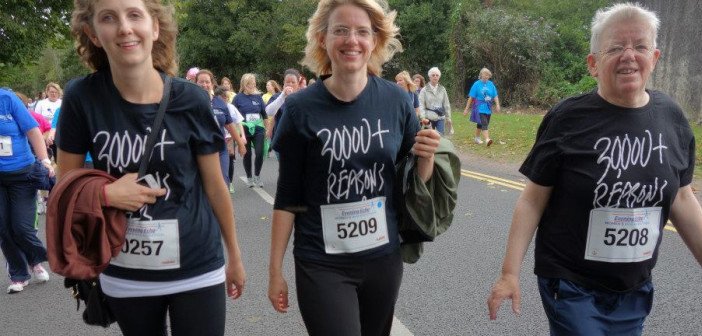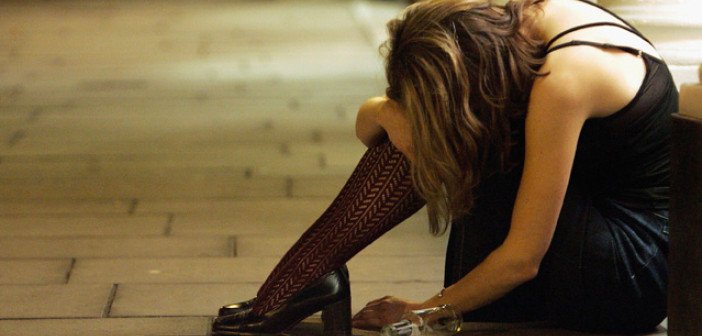On Rape Culture & Rape Myths
“An example of rape culture? When Brock Turner raped an unconscious girl a lot of people had sympathy for him because he was a swimmer in Stanford. The whole thing seemed to be more focused on the fact that he was a swimmer with a lot of potential rather than the fact that he had molested a woman who was incapable of giving consent.”
Patrice Crowley, a 20 year old Cork College of Commerce student, speaks about what she understands rape culture to be. The Brock Turner case was a prime example of how rape culture affects people, society and of course the justice system. In this case, people looked to Turner’s future.
How will this case damage his promising career as a swimmer?
Should he really be sent to jail for one little mistake after a night of drinking?
In the victim’s case, people looked to her past.
Had she been drinking?
What was she wearing?
Was she a good girl?
There is nothing else involved in the ruining of Brock Turner’s career other than the fact that he raped an unconscious woman. Of his own free will, and for his own gratification. Period.
I spoke to Kate O’Connell, who works in the Sexual Violence Centre in Cork, to get a professional insight into rape culture. Kate has a Masters in psychology and has been working at the centre for about a year now. Her definition of rape culture is little different.
“I believe rape culture to be the normalisation of rape and sexual assault in society. Even just the way we talk about it. The best examples are how kids use phrases online. They’ll be playing a game and get killed and their friend will be like ‘Ooooh, you just got raped dude!” The player isn’t talking about sexualising their friend; they are talking about their friend getting dominated. Dominated and humiliated. That’s what rape is, and I think that’s a fair example of how rape culture is embedded into our society.”
Rape culture manifests itself in many forms. UCD architecture student Tim Murphy told me what he believes aids the growth of rape culture.
“Groups of guys,” he says. “I don’t mean to focus on men but as a man myself it’s the only real experience I have. We accept what seems to have seeped into the modern mentality.”

It of course wouldn’t be fair to place all of the blame on men because many women perpetuate rape culture too. And many women also rape. While a woman might be asked a million questions about the state she was in on the night of the assault, men are often told to simply ‘man up.’
‘You got sex, why are you complaining?’
A woman forcing herself on a man in pursuit of sexual gratification is sexual assault and nothing else. We need to stop telling our brothers, our sons, and our friends to man up and start telling them to let it out. No one is winning right now. All feminists want from men is their help. And to be there for them too when they need us.
UCC Neuroscience student Beibhinn Hinds believes that rape culture has existed for centuries. She tells me what she thinks is letting it continue in the 21st century.
“Media re-enforcement. Films, music, magazines, and celebrities are huge contributors to what we know as ‘lad’ culture.”
Lad culture. The impenetrable force field of ‘dudeness.’ ‘Lads’ typically derive humour from sexism. For example, good old Trump whose comments regarding his sexual assaults in the past were labelled as ‘locker room talk.’ Basically the American version of ‘lad banter.’ When that tape leaked men all over the world stood up and said no. No one should talk like that. And yet, they do.
Kate told me that what frightens her most about rape culture is the misconceptions society holds about sexual assault. In the Sexual Violence Centre they call these ‘rape myths.’
“Think of the idea that rape is mainly perpetrated by a stranger in a dark alley. Because that’s the least likely way for it to happen. It usually happens with someone you know, in a place you would consider safe. People’s response is ‘well, what was she wearing?’ When a lot of people see real rape, they are confused because it doesn’t fit the idea we have of it, so we down play it. That’s the issue.”

And of course misconceptions are often translated into real situations. Kate says that this can affect the victim in many ways.
“When someone says, ‘Well she was drunk, what do you expect?’ that often stops victims from reporting their rape. They believe that their rape wasn’t ‘real rape’ because it doesn’t fit our idea of what we think rape is. They feel shame because they might have been drinking, which for some reason means it was their fault. That’s what society is teaching women,” she says
We are surrounded by these ‘rape myths.’ They are even taught to us as we grow up as an attempt to keep us safe.
‘Don’t drink too much, who knows what might happen.’
‘Don’t wear that skirt, you look like you’re asking for it.’
In Ireland, 1 in 5 women and 1 in 10 men will experience some sort of sexual assault in their lifetime. And the prosecution rate only 5%. There is clearly a problem here. Sometimes it is hard to remain hopeful. Regina, who has been a victim of sexual assault, had this to say:
“We are getting braver. We don’t hide from it anymore. Both men and women aren’t standing for this anymore. People are talking now, and I wish this change was happening a lot faster but I do believe that in time it will come.”
